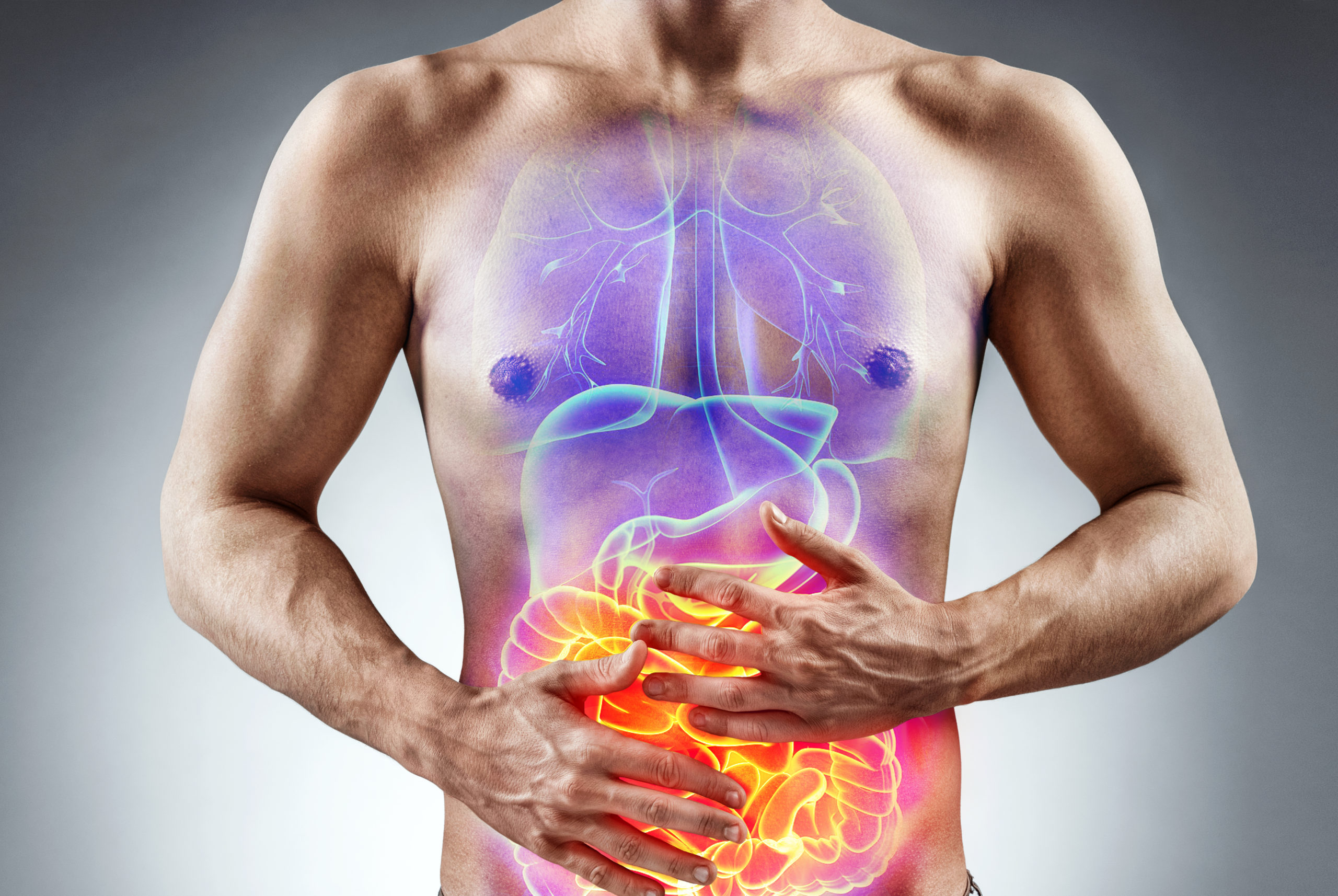 A new study conducted in mice demonstrates precisely how triclosan, an antimicrobial found in many household items, including some toothpastes, toys and thousands of other products, can trigger gut inflammation.
A new study conducted in mice demonstrates precisely how triclosan, an antimicrobial found in many household items, including some toothpastes, toys and thousands of other products, can trigger gut inflammation.
Increasingly, research links triclosan with the gut microbiome and gut inflammation. A new study looks at the potential for combating damage to the intestine. The findings suggest new approaches for improving the diagnosis, prevention and treatment of inflammatory bowel disease.
An international team of researchers identified the bacteria, and even specific enzymes, that trigger triclosan’s harmful effects. Moreover, studies in mice suggest these bacterial enzymes can be blocked from driving intestinal damage.
“By identifying the culprit bacteria, new approaches could be developed for the diagnoses, prevention and treatment of inflammatory bowel diseases,” said study author Matthew Redinbo, a chemistry and microbiology professor at the UNC-Chapel Hill College of Arts & Sciences and UNC School of Medicine.
Previous research has shown triclosan’s toxicity, but the new study provides a closer look at the changes caused in the gut’s microscopic population.
Researchers connected specific gut microbial enzymes, notably gut microbial beta-glucuronidase (GUS) proteins, with triclosan and showed these enzymes drive triclosan to wreak havoc in the gut.
Knowing which bacterial proteins were the culprits, the team used a microbiome-targeted inhibitor to block triclosan processing in the gut. Blocking this process in mice prevented damage to the colon and symptoms of colitis, a form of inflammatory bowel disease.
The study provides new clues about management of IBD among the growing number of people diagnosed with the disease.
IBD can be managed for long periods of time only to flare up out of seemingly nowhere.
Study authors suggest the need for better understanding of the impact of environmental chemicals on gut health.
Triclosan used to be widely available in antibacterial soaps marketed to consumers. But in 2016, the Food and Drug Administration ordered it removed from handwashing products used in homes and hospital settings because of concerns it contributed to more resistant bacteria.
But triclosan remains ubiquitous as an ingredient added to cosmetics, yoga mats and other athletic clothes and gear to reduce bacterial contamination.
It’s also routinely used in many toothpastes – with FDA approval – since it has been found to prevent gingivitis.
Triclosan appears to be readily absorbed in the gastrointestinal tract, leading study authors to write, “the safety of triclosan and related compounds should be reconsidered given their potential for intestinal damage.”
The National Institutes of Health, through grants to several authors, the Hong Kong Research Grants Council and the National Science Foundation funded the study, “Microbial enzymes induce colitis by reactivating triclosan in the mouse gastrointestinal tract.”
Source: Jianan Zhang, Morgan E. Walker, Katherine Z. Sanidad, et al. Microbial enzymes induce colitis by reactivating triclosan in the mouse gastrointestinal tract. Nature Communications, 2022; 13 (1) DOI: 10.1038/s41467-021-27762-y











